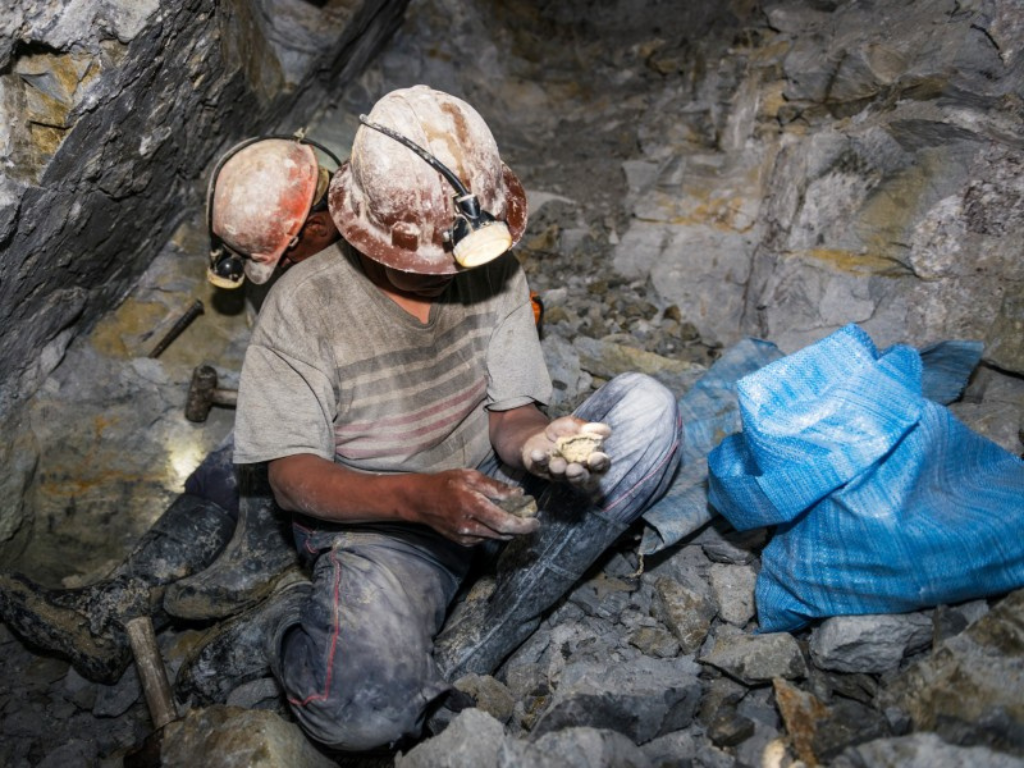
South Africa will be subjected to yet another commission of inquiry. And this one might have a lot of interest for the mining industry as it has to do with investigating why our policing authorities have been failing to curb the scourge of crime, including economic crimes. Maybe, just maybe, we might begin to understand what feeds the mafia within the mining industry and why it has been so difficult to curb.
President Cyril Ramaphosa announced, in a national address on 13 July, the formation of a commission of inquiry into allegations of corruption and political interference within South Africa’s policing authorities. This is in the wake of KwaZulu-Natal police commissioner Nhlanhla Mkhwanazi accusing police minister Senzo Mchunu of sabotaging a probe into political killings by taking away 121 open case files in March and pushing to disband the team tasked with the probe.
ALSO READ: All year border control can help a great deal with illegal mining
The allegations against the police and related agencies raise concerns around the rule of law and national security. They can further undermine the entire police service and its ability to fight crime and corruption. This is bad news for efforts against fighting organised crime because it means the authorities are failing to secure the credibility of the police and other law enforcement agencies, which means the organised criminal elements operating within sectors such as mining and construction can continue to have free reign.
If true, the allegations against Mchunu highlight the bad state of policing in South Africa, where law enforcement has become politicised and dysfunctional. Since 2000, of the five national police commissioners, four have been removed for problems ranging from corruption to incompetence. This includes three who held the post even though they had no prior policing experience.
Corruption and mismanagement are responsible for stunting economic growth, and the mining industry has been feeling the pinch. For some time the industry has been quietly battling with containing the procurement mafia that uses tactics such as damaging mining infrastructure, sabotaging shipments on their way to the ports and taking employees hostage to demand jobs in return for their release. The activities of mafias have been a thorn in the side of the mining industry since they started becoming prominent in KwaZulu-Natal in the mid-2010s.
In 2022 it was reported that up to R63-billion in mining projects had been delayed or cancelled because of the tactics by the mafias. While the mining industry has been doing its best to fight back and became increasingly organised to stop mafia activity which in some cases leads to increased arrests, it does not help that in 2023 South Africa was ranked as the seventh worst country out of 193 countries in the Global Organized Crime Index.
ALSO READ: The procurement mafia: A forgotten influence in the mining industry
The Minerals Council of South Africa has also expressed concern around the issue, noting that among the many challenges faced in the mining industry, a range of security issues has grown significantly in their impacts in recent years, with the consequences being the tragedies of human loss as workers, managers and security staff have been murdered simply for attempting to carry out their work honestly and with integrity. The council also observes that there are also losses of investment, production, employment, taxes and royalties with the problem requiring a comprehensive examination.
While all this is happening and the mining industry continues to suffer, the commission of enquiry will be set up to hopefully completely investigate the claims, including allegations relating to the infiltration of policing authorities, threats and political influence. It is expected to produce interim reports at three months and six months after being set up, with the final report being presented thereafter.
Are you convinced? You be the judge!


